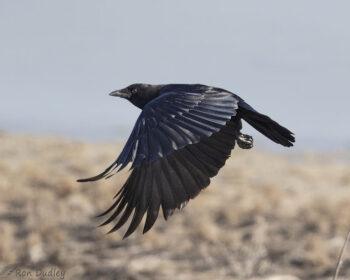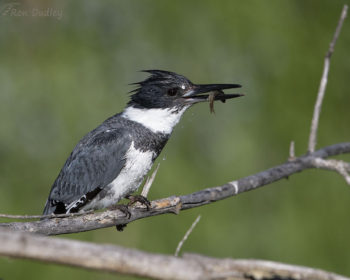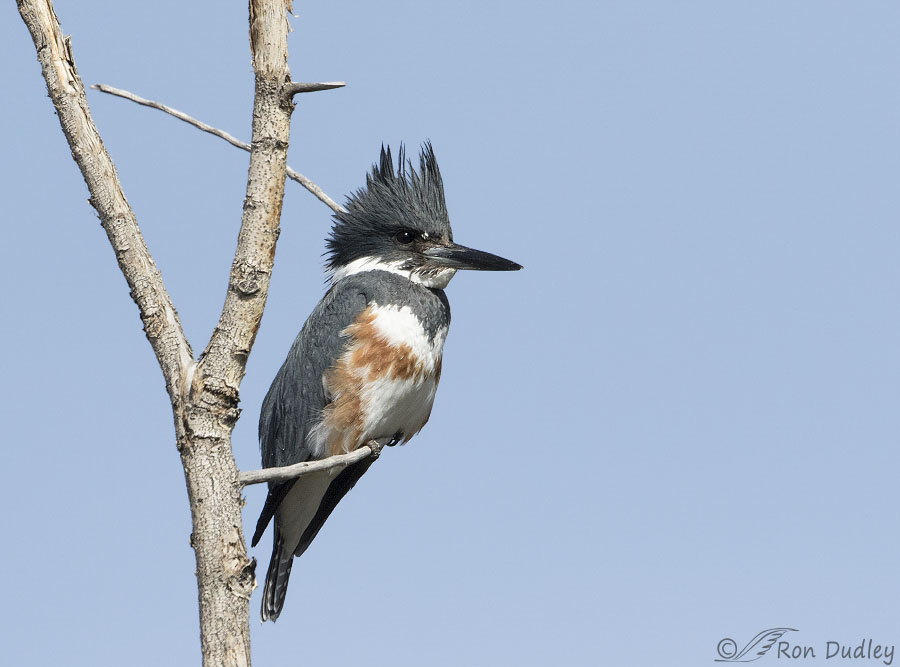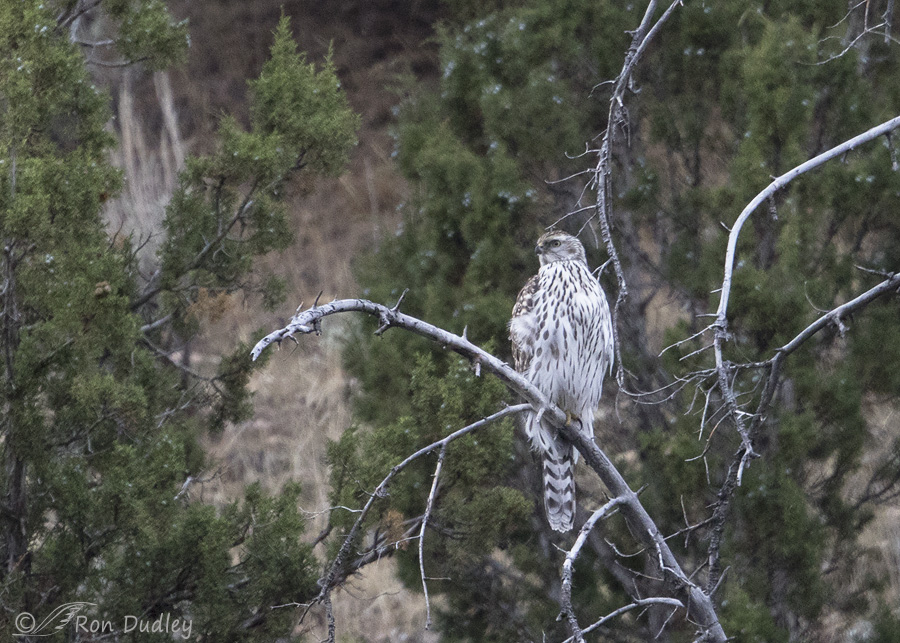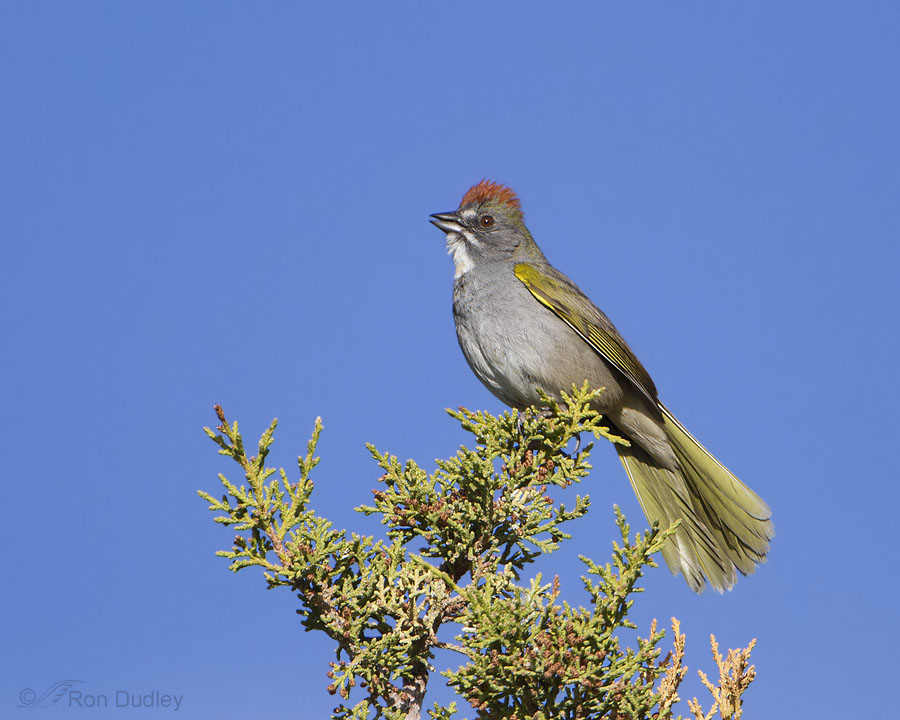Tag: nemesis species
Random Events In The Life Of A Kingfisher
Female Belted Kingfisher On A Perch That Has Grown On Me
Juvenile Northern Goshawk
Green-tailed Towhee (finally!)
A Cannibalistic Long-tailed Weasel
Long-tailed Weasels are elusive and fascinating critters. Some interesting information about them might include the following: sexually dimorphic, females 10 to 15% smaller than males the name is appropriate as the length of their tail can equal up to 70% of the head and body length eyes are black in daylight but glow a bright, emerald-green in a spotlight at night like other mustelids, have anal scent glands that produce a liquid with a strong, musky odor go through delayed implantation, they mate in July-Aug but implantation (and growth) of fertilized egg into uterine wall is delayed until March but after implantation the embryo develops for only 4 weeks before birth. This timing allows for birth in spring when prey is abundant. are obligate carnivores, prefer prey fresh or alive, seldom eat carrion aggressive and fearless hunters, often killing prey much larger than themselves with a bite to the neck favorite prey includes mice, rats, chipmunks, squirrels, moles, shrews, rabbits and chickens are “surplus killers”, often killing more than they can consume And they are occasional cannibals! Previously I posted two images from this encounter with a cannibalistic weasel at Bear River Migratory Bird Refuge. These three photos are new to my blog. This weasel had killed one of its kin and was trying to run with the body along the road at the refuge. It was having a very difficult time carrying that long corpse through all the vegetation, which was probably the only thing that slowed it down enough for me to manage…


